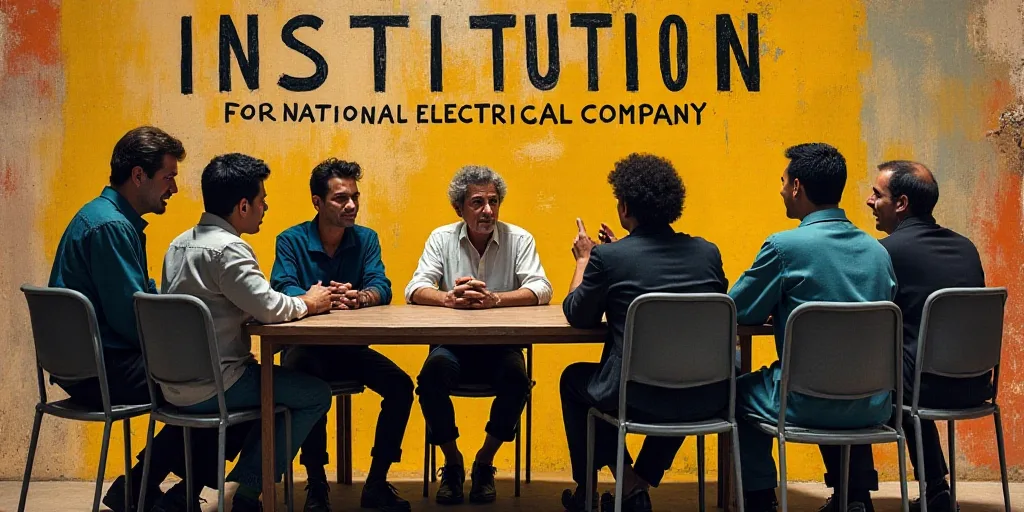On June 1, 2025, the extraordinary electoral process for the Federal Judiciary Power (PJP) 2024-2025 will take place. This election will see judicial positions filled through popular vote.
- 881 total judicial positions to be elected at the federal level and hundreds of local positions in 19 states.
5 Key Points and Challenges of the Process:
- Largest Election in Mexican History: With 881 federal positions and numerous local judicial posts, this election will be the most extensive in Mexico’s history.
- Additional Local Elections: Durango and Veracruz will also hold elections for municipal presidencies, syndicates, and council seats, increasing complexity in these states’ electoral processes.
- Organizational Challenges
- Rapid execution leading to insufficient resources for quality organization.
- Voter mobilization’s significant role in determining outcomes.
- Complex ballots and low campaign spending limits hindering informed voter engagement.
- Unreported financial and in-kind contributions during campaigns.
- Disparate Voting
- Voters in Mexico City will have greater influence, as they can select judges with nationwide impact due to the concentration of federal courts and specialized tribunals there.
- Long-term Implications for Justice
- Majority winners, likely backed by the government and ruling coalition, may prioritize political loyalty over judicial autonomy.
- Over time, this could erode the federal judiciary’s role as a balance to executive and legislative powers, though local judicial bodies will remain subject to political control.
Related Content:
- Elecciones Judiciales 2025: Qué sí y qué no pueden hacer candidatos en campaña
- Sheinbaum defiende difusión gubernamental sobre elecciones del Poder Judicial
- Fisel advierte de penas de hasta 15 años de prisión por delitos electorales



